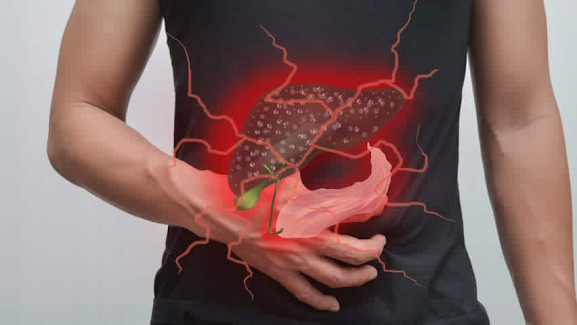Bile Duct Cancer Treatment: Everything You Need To Know
Did you know that the gallbladder releases bile for helping in the digestion and absorption of fat? Well, bile also helps clear the liver of waste products. But, if the blockage remains untreated, it can lead to life-threatening diseases. Early detection and accurate diagnosis are crucial for bile duct cancer to be treated with positive clinical outcomes. Opting for the best bile duct cancer treatment is a new ray of hope for patients as it offers a long-term chance of survival.
Here’s a detailed
insight into diagnosing and treating bile duct stones and cancers.
What Are Bile Ducts?
The bile duct is a network of long thin tubes that
connect the liver to the small intestine and gallbladder. Bile ducts carry a
yellow-greenish secretion produced by the liver. Bile contains cholesterol and
salt that help in the digestion of food. Also, it contains a waste product
that’s known as bilirubin. When
the abnormal cells in the bile duct grow out of control, it causes bile duct
cancer.
Bile Duct Cancer: Signs And Symptoms
·
Fever
·
Lethargy
·
Weight loss
·
Loss of appetite
·
Dark-coloured urine
·
Light-coloured stools
·
Jaundice
·
Itching sensation
·
Weakness
·
Vomiting and nausea
·
Stomach pain and upset stomach
Causes For The Formation Of Bile Duct Stones
When the gallstones
formed in the gall bladder move out, enter the bile duct and get wedged in the
duct owing to their position or size, they are called bile duct stones.
Research and studies conducted by medical science show that gallstones can
develop owing to the weight of the body and its inherent chemistry. Also, they
can be caused by the movement of the gall bladder as well as the particular
lifestyle and diet that a person follows.
Risk Factors For Bile Duct Cancer
Bile duct cancer is a
rare disease in which malignant cells form in the bile ducts. But, certain
factors can increase one’s risk of developing bile duct cancer.
Some of the most
common risk factors for bile duct cancer are:
·
Old age
·
Chronic bile duct stones
·
Cirrhosis
·
Type 1 or Type 2 diabetes
·
Obesity
·
Primary sclerosing cholangitis
·
Choledochal cysts
·
Infection with Hepatitis B or Hepatitis C
·
Liver fluke infection
·
Exposure to chemicals
Diagnosis & Treatment Of Bile Duct Stones And Cancer
a) Blood Test
Cancer cells release
certain chemical components which can be detected through blood tests. So,
doctors recommend blood tests if they suspect bile duct cancer.
However, it should be
noted that such markers are released even in other conditions. This means that
the presence of such markers in reports doesn’t necessarily mean it is bile
duct cancer.
b) Imaging Test or Scan
Scans like magnetic
resonance imaging (MRI), ultrasound, and computerised tomography (CT) are
conducted for determining the exact, size, shape, and location of the tumour. An
ultrasound is the most commonly conducted diagnostic examination for bile duct
stones. The results from these scans play a vital role in disease staging too.
c) ERCP
Endoscopic retrograde
cholangiopancreatography or ERCP is an effective bile duct stone treatment. It is a unique imaging procedure that
combines X-ray and upper endoscopy. A special liquid is injected during the
procedure for seeing the bile duct region clearly throughout the X-ray scan.
The X-ray scanner guides the endoscopy which helps to detect blockages and the
presence of tumours or other abnormalities.
d) Biopsy
Biopsies are
performed for confirming the diagnosis of bile duct cancer. During this
procedure, a small sample of the bile duct tissue is removed and examined under
the microscope for the presence of cancer cells. In certain cases, samples of
the surrounding lymph nodes might also be taken to check if cancer has
metastasized to your lymphatic system.
e) Spyglass
Being the advanced
form of ERCP test, Spyglass lets the specialist pass a specialized endoscope into
the bile duct for checking if there are abnormalities. Also, the spyglass
enables the technician to collect samples precisely for biopsy.
Final Words:



Comments
Post a Comment